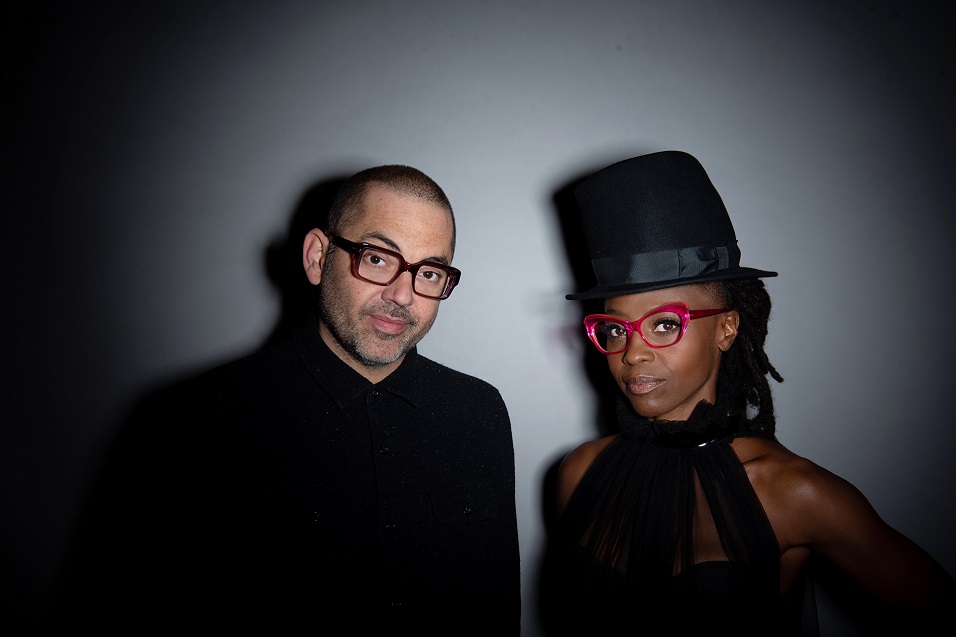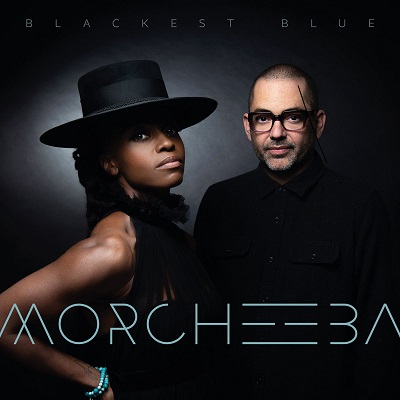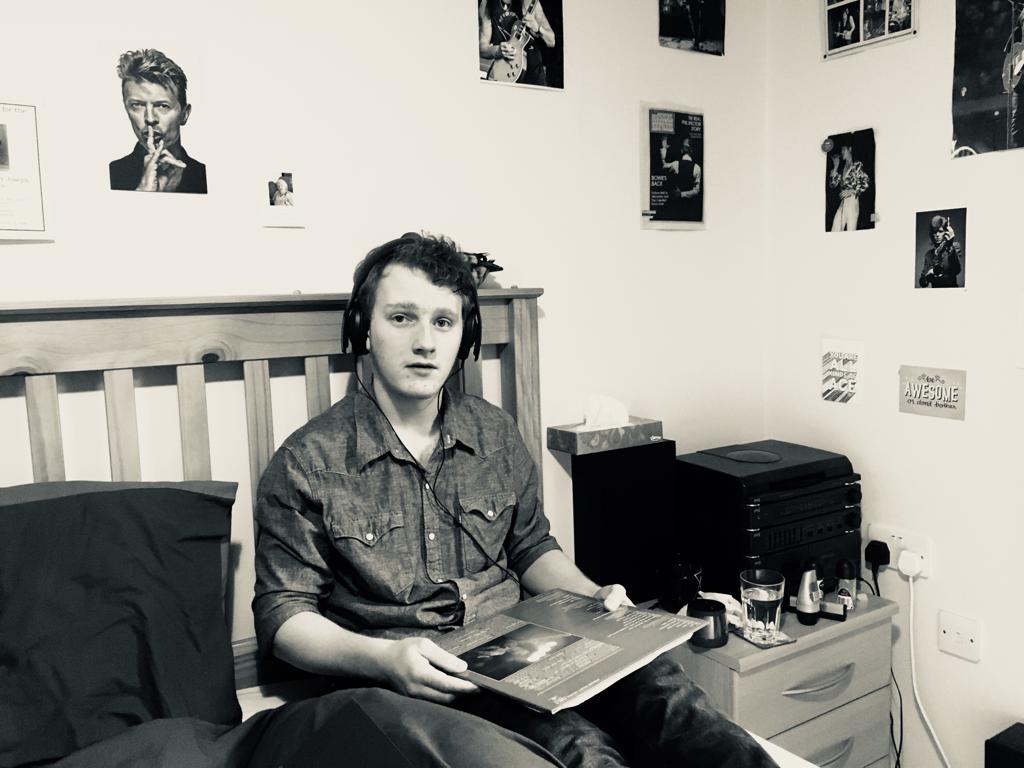Album Review: Morcheeba – Blackest Blue
4 min read
Morcheeba
One of the perks of being a music reviewer is discovering artists one may not have otherwise come across. In the case of Morcheeba, I am ashamed to admit that I was not familiar with them before doing this review. Due to the type and era of my musical upbringing, I was not exposed to the English band growing up and I have somehow not come across them in my own subsequent research. This may be because although they have had commercial success, with two of their albums reaching the UK Top Ten, their musical style and persona are perhaps not conducive to the mainstream recognition they deserve, or indeed the forming a strong association with any given musical genre that in other cases ensures artists are always discussed. As a music fan however, one is constantly on the hunt for artists who appear to transcend genre confinement, and Morcheeba are unquestionably one of those acts, almost forming their own genre through combining trip-hop, electronica and even blues, which forms an integral part of their unique and diverse musical output.
 The duo comprising vocalist Skye Edwards and multi-instrumentalist Ross Godfrey have been a band since the mid 90’s and their latest release Blackest Blue is their tenth studio album. The opening track Cut My Heart Out has a wishy-washy intro before the sluggish beat settles and Skye’s beautiful vocals swimming in reverb come in. The melodies and production present a distant nirvana lying just behind the speakers that can never be reached. The vocals err on the side of dream pop, but the beat is perhaps too out front for the song to be labelled so. More energy is applied to the vocals as the song progresses. The song presents a seamless journey and Godfrey’s ever-economical use of guitar pushes through towards the end, but never tears the retracted ambience built around the song.
The duo comprising vocalist Skye Edwards and multi-instrumentalist Ross Godfrey have been a band since the mid 90’s and their latest release Blackest Blue is their tenth studio album. The opening track Cut My Heart Out has a wishy-washy intro before the sluggish beat settles and Skye’s beautiful vocals swimming in reverb come in. The melodies and production present a distant nirvana lying just behind the speakers that can never be reached. The vocals err on the side of dream pop, but the beat is perhaps too out front for the song to be labelled so. More energy is applied to the vocals as the song progresses. The song presents a seamless journey and Godfrey’s ever-economical use of guitar pushes through towards the end, but never tears the retracted ambience built around the song.
Killed Our Love is next. It is very different to the first track and really cuts through as a result. Despite the contrast, this bluesy second track provides an equally exhilarating vibe. The super cool and relaxed slide guitar licks stand out at the beginning but it is the dense bass that is felt most viscerally once the song gets going. The track even demonstrates how well Edwards’ vocals work with different styles of music.
Say It’s Over’s keys intro sounds distractingly like a hybrid of Train’s Drops of Jupiter and Gary Jules’ version of Mad World, but once one gets over this distraction, one realises how beautiful the song is, aided by the sprinklings of slide guitar. The track features vocals by Brad Barr which sound nice, but the soothing beauty of Edwards’ voice becomes even clearer when contrasted against Barr’s.
The band really turn up the heat with Sulphur Soul, which rocks you out of your stupor with a fuzzed-up guitar and a slightly tinny snare. The tune has the familiarity of a soundtrack number while the feel of the song and some of the guitar lines makes one think of the equally unique and talented Texas band Khruangbin.
I am always on the lookout for and spot straight away the long numbers on an album, which interest and intrigue me the most, as they are not restricted to ‘radio length’ and there is always a potential for them to be an ‘epic’. In Blackest Blue’s case, the epic, at least in terms of its philosophical feel and the sonic experience it generates, comes in at number 6 on the track listing. At first, the funky yet laid back guitar riff filled with bluesy licks that perfectly break away from the ethereal mix gives way to typical Edwards vocals repeating the song’s title and mantra ‘Oh Oh Yeah’, which add yet another layer of ethereality to the track. Later on, the song focuses on a beautiful guitar solo before the chorus kicks in once more and the two synergise to boost the sonic experience into realms one assumed impossible.
As for the rest of the album, The Moon has a real dark ambience set up by distorted guitar, whereas Falling Skies is catchy without being irritatingly infectious, and The Edge of The World has a bizarre and trippy feel to it that lasts the entire song which sounds like it is coming from a portal or whirlpool. Featured artist Duke Garwood’s vocals don’t match the hyperactive backing and there is a heavy contrast between his and Edwards’ vocals which appear to lie much deeper in the stereo field.
Don’t get me wrong, I could not listen to this kind of music all the time, as there will always be the need for some more clear-cut instrumentation from a band. However, their skill with production and sonic genesis makes this album and indeed the band a standout listen. Such a versatile and talented act as Morcheeba must be praised for being and producing something different, a feat which seemingly appears to be getting harder nowadays, while it is a bonus the pair seem so down to earth and likeable!




